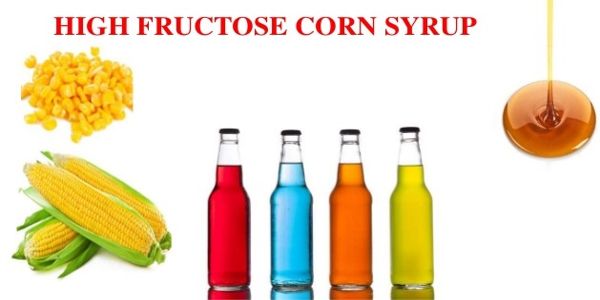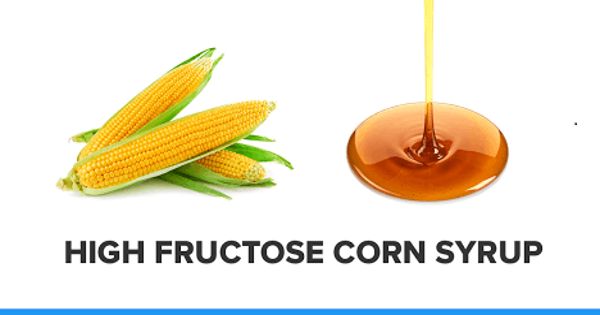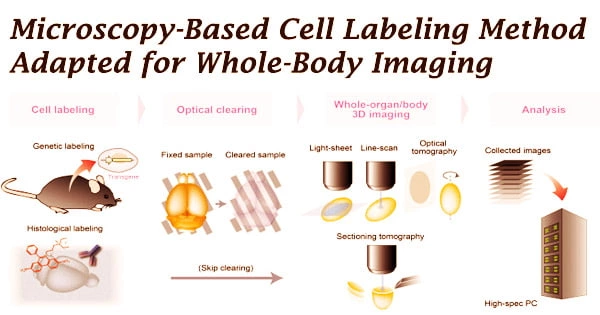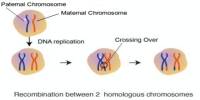High fructose corn syrup (HFCS) is corn syrup whose glucose has been converted to fructose. It is an artificial sugar made from corn syrup. Glucose is easily transported and utilized by every cell in your body. It’s also the predominant fuel source for high-intensity exercise and various processes. Your body metabolizes fructose differently than glucose, and consuming too much fructose can lead to health problems. It is a common sweetener in sodas and fruit-flavored drinks. As use of high-fructose corn syrup has increased, so have levels of obesity and related health problems.
High-fructose corn syrup is a sugar-based sweetener, used in processed foods and drinks in the United States. Like regular sugar, it consists of the simple sugars glucose and fructose.
It’s important to note that the detrimental effects of fructose in added sugar, including HFCS, should not be equated with the fructose in fruit. The conversion produces sweetness of desired types. The material is used in many breads, cereal, sodas, yogurt, and breakfast bars. In contrast, the fructose from high fructose corn syrup or table sugar needs to be converted into glucose, glycogen (stored carbs), or fat by the liver before it can be used as fuel.

To create HFCS, manufacturers add enzymes to corn syrup that convert some of the glucose to fructose. HFCS is derived from corn starch. Fructose is the type of sugar present in fruit and is very sweet. When corn starch is broken down into individual glucose molecules, the end product is corn syrup, which is essentially 100% glucose. The amount of fructose in HFCS varies, but the most common varieties contain either 42% or 55%. HFCS is ‘high’ in fructose compared to the pure glucose that is in corn syrup. Research has consistently shown links between the consumption of HFCS and obesity, metabolic dysregulation, and similar health issues.
High fructose corn syrup was first introduced during the late 1950s. The fructose in HFCS can cause health issues if eaten in excessive amounts. The material did not come to the United States until the late 1970s into the 1980s. It is a sweetener that manufacturers make from corn starch. As with other sugars, it can cause tooth decay, obesity, and metabolic syndrome when a person consumes it in large quantities.
High fructose corn syrup has been linked to obesity, diabetes and certain other health matters. Like regular table sugar, HFCS is a rich source of fructose. In the past few decades, the intake of fructose and HFCS has increased significantly. It’s difficult to consume excessive amounts of fructose from whole fruits, which are healthy and safe in sensible amounts. Due to its fructose content, it has been heavily criticized for its potential negative health effects. Many people claim that it’s even more harmful than other sugar-based sweeteners.
Information Source:
















